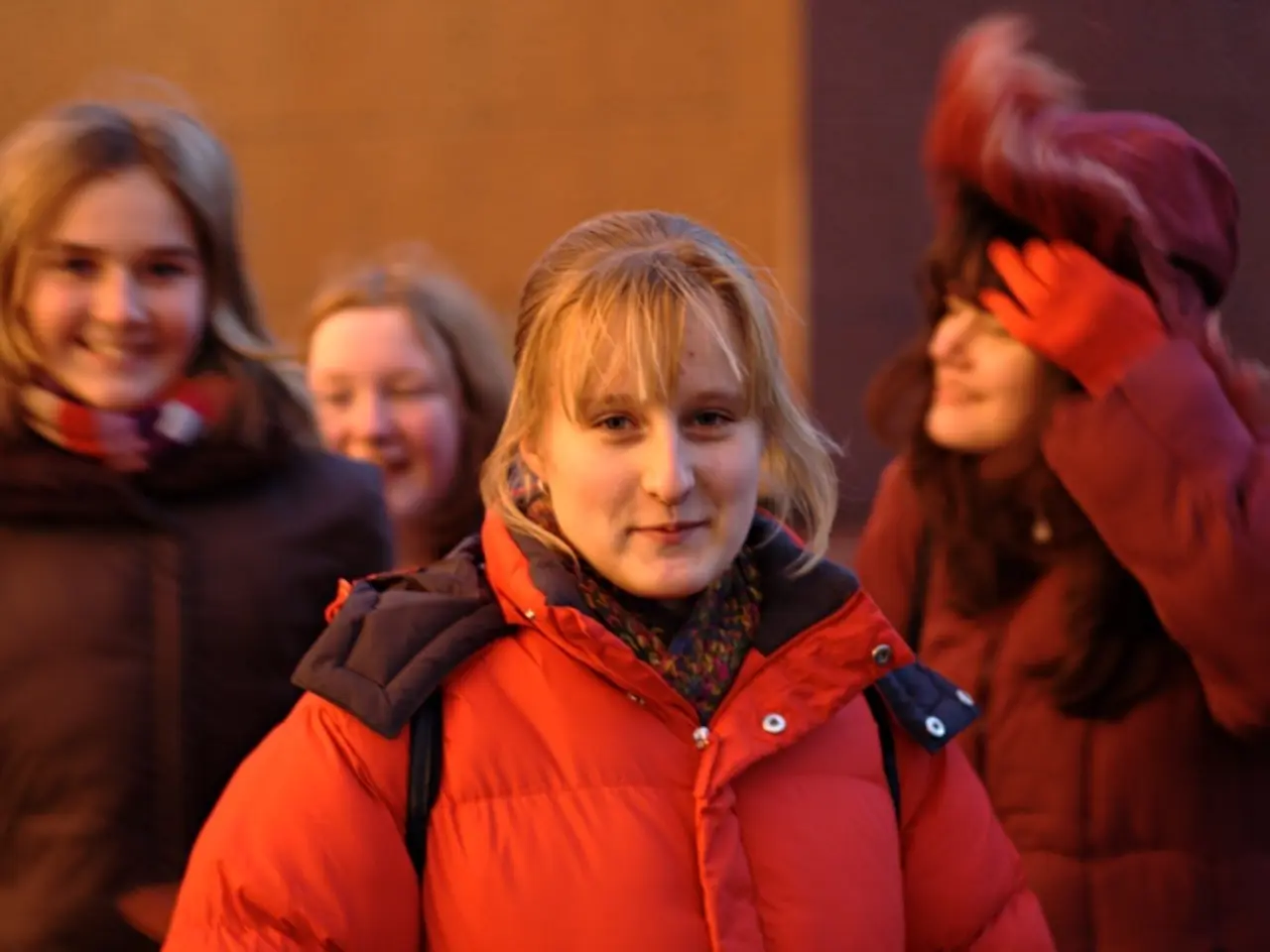Adult and pediatric communities seeking assistance and camaraderie in coping with Chronic Myeloid Leukemia can locate numerous support groups catering to their unique needs.
Finding Support: CML Support Groups in the U.S.
For those affected by Chronic Myeloid Leukemia (CML), support groups offer a valuable resource for connection, understanding, and mutual aid. These groups provide a platform for people with CML and their loved ones to share experiences, learn coping strategies, and find practical advice.
National Organizations Offering Peer Support
The Leukemia & Lymphoma Society (LLS) is a leading national organization that offers support groups, educational materials, and a peer support program called Patti Robinson Kaufmann First Connection. This program connects patients and family members with others who have experience with CML. LLS has local chapters providing in-person support throughout many regions [1].
UCSF offers an online support group specifically for hematology and bone marrow transplant patients, including CML. This group connects patients and caregivers through virtual meetings and resources [1]. The Caring Connections Program at UCSF provides peer support for patients undergoing blood cancer treatments and their families, which can be relevant for CML patients undergoing therapies like bone marrow transplants or CAR T-cell therapy [1].
Support for Children and Families
For children and teens with leukemia and their families, hospitals and cancer centers typically offer clinic-based support services including social work, counseling, and groups tailored to young patients. The American Cancer Society also provides helpful programs like rides to treatment and financial help for families, along with a helpline at 1-800-227-2345 for additional resources [2].
Support for Young Adults
Groups such as Stupid Cancer and Ulman Foundation offer dedicated resources, community, and support for young adults with cancer and siblings of pediatric patients, respectively [1]. Young Adult Survivors United has a support group for LBGTQIA+ individuals who are either post-treatment or undergoing treatment for cancer. Cancer Support Community's Pride Cancer Support Group is for people with a cancer diagnosis and loved ones who identify as bisexual, gay, lesbian, nonbinary, queer, transgender, two-spirit, or any other sexual or gender minority [1].
Local Support Groups
Locally based support groups by hospitals or cancer centers should also be explored for region-specific offerings, as these often complement national resources. Engaging with your healthcare team can help identify programs available in your area.
Spanish-Speaking Support
Latinas Contra Cancer provides monthly psychosocial support groups in Spanish for the Latino community with a cancer diagnosis and their families [1].
Finding a Group Near You
The LLS currently has 130 local groups across the United States, and people can use a search tool to find one in their local area [1].
In summary, the Leukemia & Lymphoma Society’s national and local chapters, UCSF’s online and peer support programs, and the American Cancer Society’s family-centered services constitute the most relevant and well-established support resources for adults, children, and families affected by CML in the U.S. [1][2]
- Participants dealing with other leukemias, beyond CML, may find support in the Leukemia & Lymphoma Society's (LLS) Patti Robinson Kaufmann First Connection program, as it connects patients and family members dealing with various medical-conditions like cancer.
- To ensure overall health-and-wellness, it's essential to also focus on mental-health, and for LBGTQIA+ cancer patients and their loved ones, groups like Young Adult Survivors United and Cancer Support Community's Pride Cancer Support Group offer discussion platforms that cater to their unique experiences.
- Science continues to evolve and expand our understanding of cancer therapies, and local support groups, such as those offered by hospitals or cancer centers, often provide insight into emerging treatments like bone marrow transplants, CAR T-cell therapy, and clinical trials that could benefit patients with CML.




